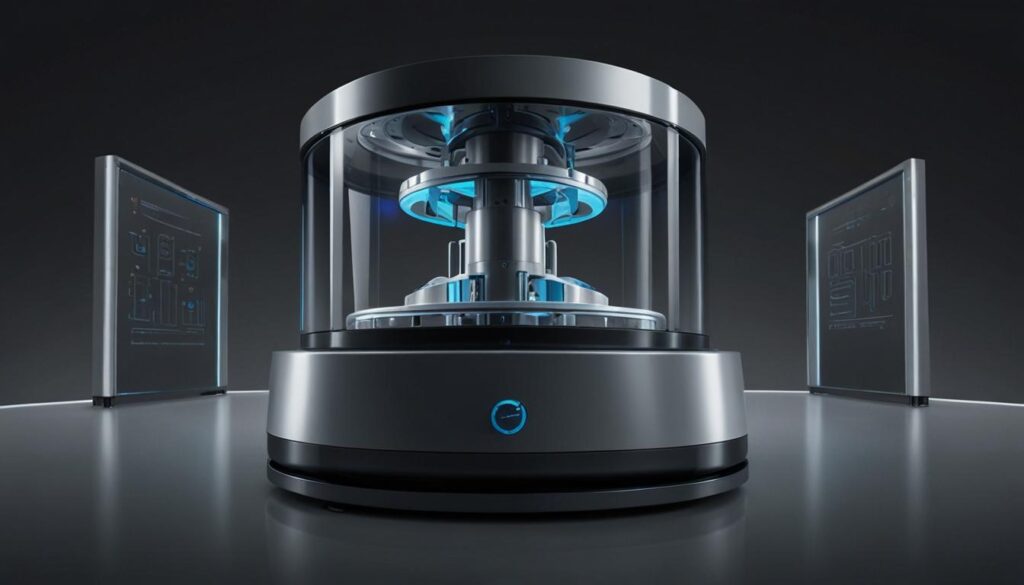The Korea centrifugation market is forecasted to grow from $46.1 million in 2023 to $80.6 million by 2033, driven by advancements in healthcare and increased demand for diagnostic testing.
Korea’s Centrifugation Market Poised for Significant Growth
Dublin, Ireland – The Korea centrifugation market, a crucial segment of the medical and scientific equipment industry, is forecasted to see substantial growth over the next decade. Valued at $46.1 million in 2023, the market is projected to reach $80.6 million by 2033, achieving a compound annual growth rate (CAGR) of 5.75 percent, according to a recent report by ResearchAndMarkets.com.
Market Breakdown
The study categorises the Korea centrifugation market into various equipment and accessory types used in laboratory settings to isolate particles based on size, shape, density, and viscosity. The primary equipment includes multipurpose centrifuges, microcentrifuges, ultracentrifuges, and several other variants, available as either floor-standing or benchtop models.
Key Sectors and Applications
Centrifugation equipment is widely used across multiple sectors such as clinical diagnostics, biotherapeutic manufacturing, and research, which includes significant contributions from life sciences, particularly in biological research. Key end-users include hospitals, blood banks, biotech and pharmaceutical companies, and academic and research institutes.
Leading Segments
The equipment segment notably led the market in 2022, with a commanding 72.65 percent share. Floor-standing centrifuges are projected to witness the highest growth due to their suitability for high-volume and high-speed applications, ideal for routine diagnostics and various laboratory environments.
Growth Drivers
Several factors are driving the growth of the centrifugation market in Korea. The increasing incidence of disease diagnoses necessitates advanced diagnostic testing, of which centrifugation is a critical process. The augmented expenditure on research and development (R&D) in Korea, especially within the burgeoning biotech industry, is also a crucial driver. Biotechnology firms in Korea have seen considerable growth, fostering a heightened demand for centrifuges.
Challenges and Opportunities
However, the growth comes with its set of challenges. The Korean medical devices sector is highly competitive, and the market for centrifugation devices is saturated. Additionally, the maintenance costs associated with high-performance centrifuges are significant, given the wear and tear from continuous use in demanding environments.
On the other hand, there are compelling opportunities, particularly the integration of Artificial Intelligence (AI) with centrifugation processes. Korea is investing heavily in AI, especially in the healthcare sector, which could streamline centrifugation operations and further boost market growth.
The Broader Context
The Korean medical devices market has seen sustained growth, doubling in size from 2010 to 2018 and ranking ninth globally. This context underscores the robust demand and continuous advancements in healthcare infrastructure and laboratory capabilities within the country.
Future Trends
Looking ahead, the focus will likely be on adopting cutting-edge technologies and enhancing existing healthcare systems. This will ensure better market penetration and possibly propelling the Korea centrifugation market to new heights.
Industry Players
Major players in the Korea centrifugation market include Agilent Technologies, Bio-Rad Laboratories, Thermo Fisher Scientific, and local firms like Hanil Scientific Inc. and Korea Process Technology, which are significant contributors to the market’s evolution.
The report provides a comprehensive forecast and analysis for stakeholders and industry participants, highlighting key growth areas and imminent challenges.

